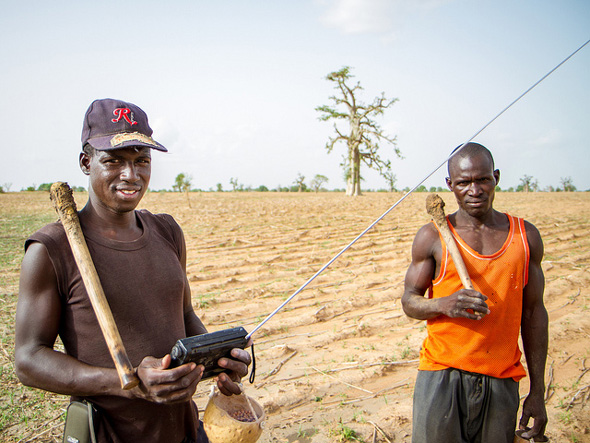-
António Guterres, The New York Times
Why Mali Matters
September 11, 2012 By Wilson Center Staff
The original version of this op-ed, by António Guterres, appeared in The New York Times.
For many people, Timbuktu has long represented the essence of remoteness: a mythical, faraway place located on the boundaries of our collective consciousness. But like many of the myths associated with colonialism, the reality is very different.
Medieval texts show that Timbuktu has stood for centuries as a center of Islamic culture and learning, at the juncture of trade routes spanning thousands of miles across the Sahara, north to Morocco and Europe, east to Ethiopia and the Arabian peninsula. For Ali Farka Touré, the legendary musician who fused Malian traditions with the blues, Timbuktu – his birthplace – was the “heart of the world.”
The multiple crises unfolding in and around Mali today are shaped by an intersection of trends that resonate far beyond the region: food insecurity and desertification linked to climate change, incomplete democratization processes marked by social exclusion, and a growing population of young people with poor employment prospects.
With its government debilitated by a coup, the Malian political system – previously an acclaimed example of democratic progress in the region – has been unable to maintain its reach into its northern regions, now characterized by trafficking in small arms, narcotics, migrants and hostages.
The north of the country is under the control of militant, foreign-sponsored radical Islamist movements, the latest dangerous permutation in a century-long series of Tuareg rebellions. Reports of human rights abuses are mounting daily.
As if this were not enough, the region is in the grip of a major food crisis. More than 18 million people across the Sahel are already affected by or at risk of acute food shortages.
Continue reading on The New York Times.
António Guterres is the United Nations High Commissioner for Refugees and former prime minister of Portugal.
Photo Credit: Farmers in southern Mali listen to a weather bulletin, courtesy of Francesco Fiondella/CGIAR Climate.
 A Publication of the Stimson Center.
A Publication of the Stimson Center.






